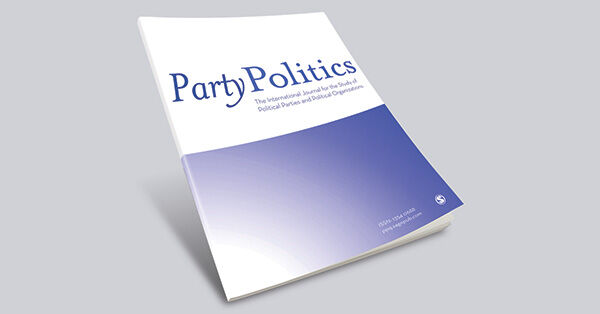Brown: The ugly precedent of political hypocrisy
September 21, 2020
The rush to fill the Supreme Court seat of the late Ruth Bader Ginsburg has allowed another common political phrase to be thrown around from interview to interview: hypocrisy. The death of Ginsburg and its effect on the Supreme Court have shown the power of political precedent and the scourge of hypocrisy on American politics. Hypocrisy, however, has a strong tradition of being a common political norm. Politicians have been asserting one set of rules for their opponents and living by another for much of history.
The vacant Supreme Court seat proves that the Republican Senate and leadership are being hypocritical. Following the death of conservative justice Antonin Scalia in 2016, Majority Leader Mitch McConnell denied former President Barack Obama’s Supreme Court nominee Merrick Garland for it being an election year because the “American people should have a voice in the selection.” At the time, several GOP members including Sen. Lindsey Graham (S.C.) have said they did not believe in confirming a justice before an election.
Now, in 2020, the opposite is happening, despite Democratic opposition. The Republican-controlled Senate is moving forward with a vote to nominate a new candidate to fill the position.
It’s true, however, that some Republican leaders have explained why the barriers that were in place four years ago that prevented Obama’s nomination are now gone, with them seeming to be mere guide ropes that can be moved now to favor the Republicans.
This time around, the principle invoked by Mitch McConnell in 2016 is still intact. The majority leader back then repeatedly insisted his authority was the precedent that the Senate doesn’t confirm a nominee in an election year when the White House and the Senate are controlled by opposing parties.
“Remember that the Senate has not filled a vacancy arising in an election year when there was a divided government since 1888,” he said on the Senate floor.
While this may be the case, the fact hypocrisy is a norm is a cause for concern in our political spheres, especially in the Supreme Court. There is a growing chorus of Democrats, including Obama and Democratic nominee Joe Biden, who have all said that Ginsburg’s replacement should be selected after the presidential election. Ginsburg herself in her final days released a statement saying, “My most fervent wish is that I will not be replaced until a new president is installed.”
“The Supreme Court has to be above politics,” Sen. Patrick Leahy, (D-Vt), said. ”If they are seen as just a political arm of whoever is president, it loses that validity. It loses the confidence the American people should have in the Supreme Court.”
While politicians argue over whether the seat should be filled, the election is still looming with only six weeks to go. The Supreme Court battle of Ginsburg’s seat is one that can only be won by power and politics. Political hypocrisy may have its ugly roots there, but it will have a hard time at the voting booth.







